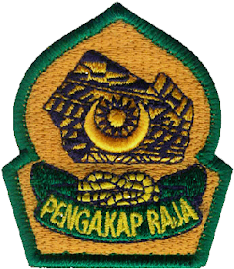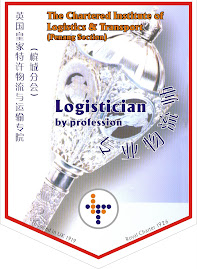 01. Develop and implement technical project management tools such as plans, schedules, and responsibility and compliance matrices.
01. Develop and implement technical project management tools such as plans, schedules, and responsibility and compliance matrices.02. Develop proposals that include documentation for estimates.
03. Direct and support the compilation and analysis of technical source data necessary for product development.
04. Direct availability and allocation of materials, supplies, and finished products.
05. Direct team activities, establishing task priorities, scheduling and tracking work assignments, providing guidance, and ensuring the availability of resources.
06. Manage the logistical aspects of product life cycles, including coordination or provisioning of samples, and the minimization of obsolescence.
07. Participate in assessment and review of design alternatives and design change proposal impacts.
08. Perform system life-cycle cost analysis, and develop component studies.
09. Plan, organize, and execute logistics support activities such as maintenance planning, repair analysis, and test equipment recommendations.
10. Provide project management services, including the provision and analysis of technical data.
11. Redesign the movement of goods in order to maximize value and minimize costs.
12. Report project plans, progress, and results.
13. Stay informed of logistics technology advances, and apply appropriate technology in order to improve logistics processes.
14. Collaborate with other departments as necessary to meet customer requirements, take advantage of sales opportunities or, in the case of shortages, minimize negative impacts on a business.
15. Develop an understanding of customers’ needs, and take actions to ensure that such needs are met.
16. Explain proposed solutions to customers, management, or other interested parties through written proposals and oral presentations.
17. Set up training requirements for staff, developing course work, scheduling courses, and delivering course materials.
Retrieval: Logisticians/ California EDD/ Labour Market Information Division
.jpg)








No comments:
Post a Comment